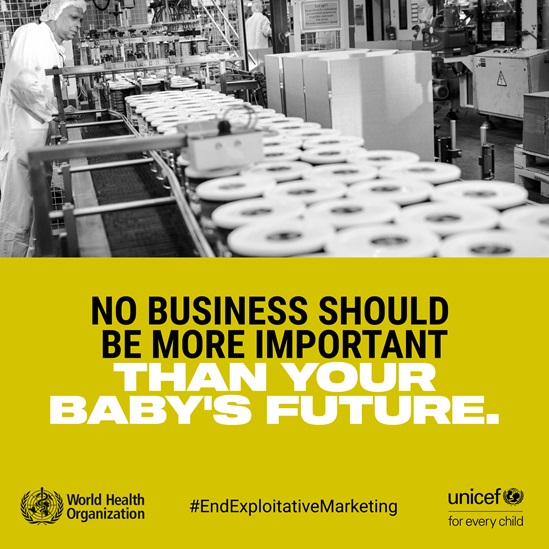
Infant and young child feeding in South-East Asia Region
Appropriate nutrition during infancy and childhood is key to ensuring optimum growth, development and health of children. Inadequate infant and young child feeding is responsible for childhood infections and long term impairment on growth and health. Malnutrition during the early years can cause stunting, with long term consequences on cognition and physical work capacity, and poor complementary feeding practices contribute significantly to malnutrition in children.
WHO South- East Asia Regional Office supports Member states to improve infant and young child feeding through promotion, protection and support for breastfeeding and technical assistance for improving complementary feeding.
The Regional Office has advocated with Member States on implementing the Code of Marketing of Breast Milk Substitutes (BMS Code) and helps implement NetCode protocols to implement monitoring of the BMS Code.
We also support Member States to ensure breastfeeding in health institutions through supporting the revised baby friendly hospital initiative.
New initiatives to ensure improved complementary feeding are under way. This includes working with other UN Agencies to improve Member States focus on complementary feeding, including the need to promote appropriate complementary feeding practices, including through improving the composition of commercial complementary foods.
Technical links


